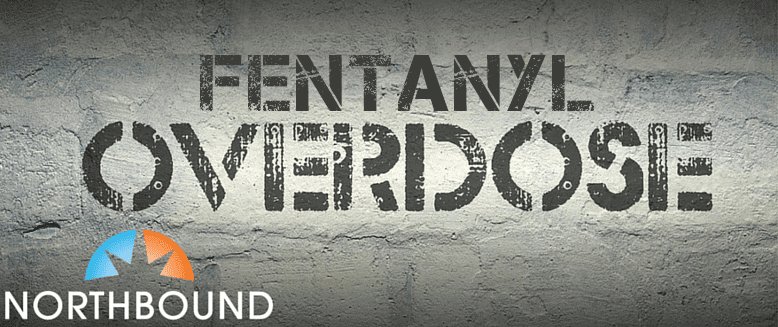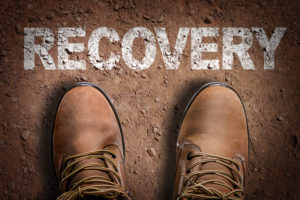The opioid epidemic is sweeping the nation and has recently become even more dangerous. While prescription opioids and heroin are still a major concern, another drug has made its way onto the scene: fentanyl. Fentanyl is by no means a new drug and has been used since the 1960s in hospitals, but it is now being sold on the streets and sometimes unknowingly to recipients.
Fentanyl is an extremely powerful opioid that is up to 100 times more powerful than morphine and 50 times stronger than heroin. Doctors often prescribe it in very controlled – and small – doses to cancer patients or others dealing with extreme pain. It is measured in micrograms, not milligrams. This can make it far easier for people to overdose when they are taking the drug illegally because it is not as carefully measured and monitored.
Fentanyl overdoses are quickly rising throughout the country. It was recently revealed that beloved musician Prince’s cause of death was self-administered fentanyl. Just 57 years old, many who knew him or saw him in recent months said it never appeared anything was wrong – which can be the case with many struggling with addiction. He was energetic. He gave his all at performances, mesmerizing fans before, during, and after his sets. But after years of performing, he was said to have lasting hip pain, something he took prescription painkillers to help alleviate. He wasn’t using them for the high they can create, but for legitimate pain relief.
In the weeks leading up to his death, he was rumored to be ill at least twice, even cancelling shows. However, shortly after, he was back on stage, living it up as though nothing was wrong. Some believe these disappearances were due to drug overdoses, but that he received naloxone and was revived. The world may never know for sure; but what we do know is that despite his ability to bounce back, it was an accidental overdose on fentanyl that took his life on April 21, 2016. Unfortunately, as is true with many drugs, one never knows when their next use may be their last.
In California, more than 42 people have overdosed in recent months, and at least 10 of these incidents have been fatal. Fentanyl can be hard to detect because people often think that they are buying heroin. Sometimes the heroin is cut with fentanyl, and sometimes it is pure fentanyl.
In California, fentanyl is also being passed off as Norco, which is combination of hydrocodone and acetaminophen. Drug testing or toxicology reports are the only way to know what the person really ingested. Many people are deceived and do not realize that they are taking this potent and potentially fatal drug.
Naloxone may counteract overdoses, but due to the potency of fentanyl, more than one dose is often needed for it to be effective. If someone does not know that the person took fentanyl, they may not understand the urgency with which they need immediate medical treatment. In Prince’s case, he was believed to be alone when he took it, and no one was able to get there quickly enough to revive him because they didn’t know he had taken it.
Northbound is undergoing naloxone training for staff, and implements medically assisted treatment for detox and recovery to support clients in overcoming drug addiction. Addiction does not have to lead to overdose. There is help available and hope for recovery. Northbound can help clients to turn their lives around and create a more promising future. Do not put off life-saving treatment. Contact Northbound today.
If you’re concerned about heroin or fentanyl addiction, make the call today and seek treatment at Northbound. Your life matters.
Author
-

President, CEO & Founder at Northbound Treatment Network
Paul Alexander is the CEO, President & Founder of Northbound Treatment Network in Newport Beach, California. He believes wholeheartedly in transformational leadership, organizational health and effective, fully integrated substance use disorder and mental health treatment. With over 27 years of experience in behavioral healthcare, Paul has extensive knowledge of “in vivo” treatment modalities, clinical development, operations, strategy, marketing and financial planning. He has been widely recognized for his development of collegiate-based residential treatment programs for students in recovery and authored a research study at The University of California confirming this modality’s effectiveness.
Paul’s comprehensive professional experience, willingness to innovate, and emphasis on organizational health are vital factors in Northbound’s continued success. Paul received his Certified Addiction Treatment Specialist training at Saddleback College in Mission Viejo, CA, and was awarded Outstanding Alumni Service Award in 2002. Paul holds a Bachelor of Arts degree in Criminology, Law and Society, Summa Cum Laude, from University of California, Irvine, and a Juris Doctorate degree from Loyola Law School of Los Angeles. Paul currently serves on The National Association of Addiction Treatment Providers (NAATP) board. In addition, he serves on The Family Recovery Foundation board and The CarePossible board in Orange County; both organizations are committed to raising funds for family recovery and treatment for former military personnel. Paul is in recovery himself and lives in Orange County with his wife Silvana and his two young sons, Noah and Dean.










